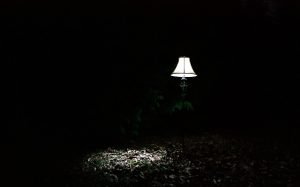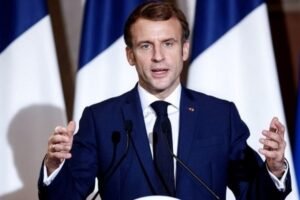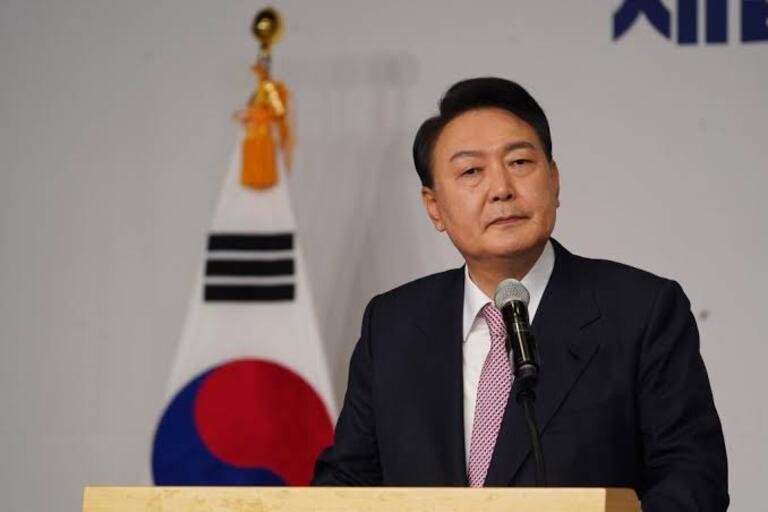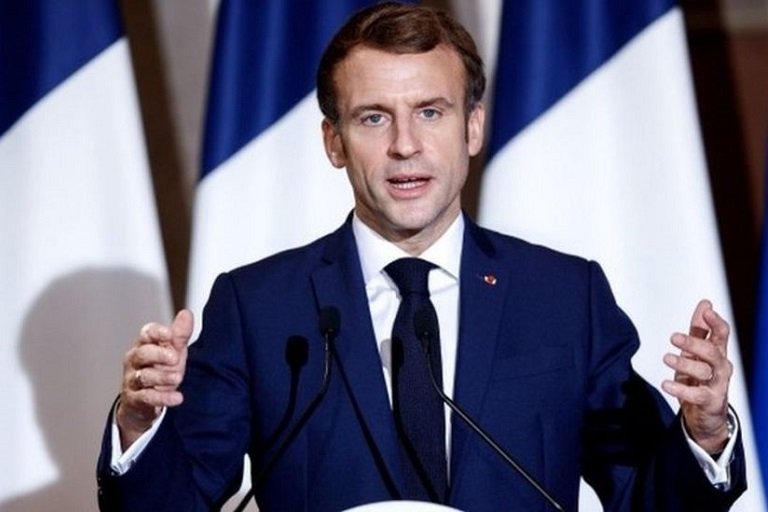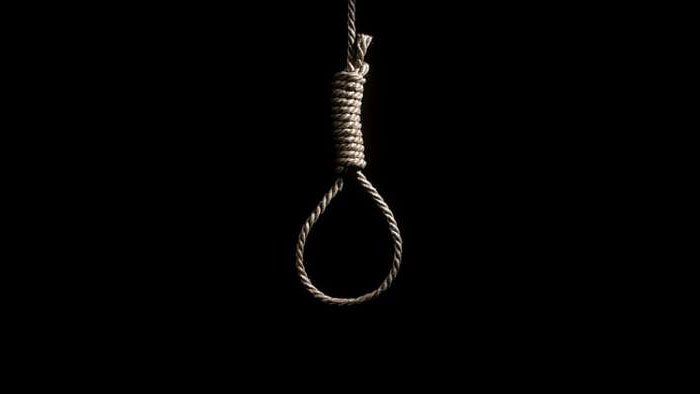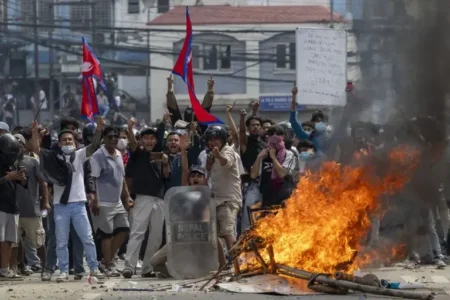Yoon Suk Yeol, South Korea’s embattled ex-president, was jailed for the second time Thursday over his proclamation of martial law and held in a solitary confinement as police broadened their insurection investigation.
Yoon sparked a political crisis in South Korea when he attempted to undermine democratic authority on December 3 last year, bringing armed soldiers to parliament to prevent MPs from voting down his declaration of martial law.
He became South Korea’s first sitting president to be apprehended in a dawn raid in January, after avoiding arrest for weeks and utilising his presidential security detail to evade investigators.
However, he was released on procedural grounds in March, despite the fact that his rebellion trial was still ongoing.
Yoon’s impeachment was confirmed in April, but he refused multiple summons from investigators, prompting them to seek his detention once more to ensure cooperation.
The latest arrest warrant was issued over concerns that Yoon would “destroy evidence” in the case, according to Nam Se-jin, a senior judge at Seoul’s Central District Court.
Yoon is being held in a solitary cell with only a fan and no air-conditioning, as a heat wave grips South Korea.
According to the official timetable, he was served a standard breakfast of steamed potatoes and milk.
Yoon’s status as a former president would be “duly considered” by investigators, but he will be “treated like any other suspect” otherwise.
“Investigations during the detention period will focus on the warrant’s stated charges,” prosecutor Park Ji-young told reporters.
Yoon’s criminal trial continued with a hearing on Thursday; however, he did not appear for the first time.
The former president, 64, appeared for a seven-hour hearing on the new warrant on Wednesday, during which he denied all charges before being brought to a detention centre in Seoul, where he awaited the court’s decision on whether to detain him again.
According to local media, the former president stated during his warrant hearing that he is now “fighting alone”.
“The special counsel is now going after even my defence lawyers,” said Yoon during his hearing.
“One by one my lawyers are stepping away, and I may soon have to fight this alone.”
Once the warrant was issued early Thursday, the ex-president was placed in a solitary cell at the facility, where he can be held for up to 20 days as prosecutors prepare to formally indict him, including on additional charges.
“Once Yoon is indicted, he could remain detained for up to six months following indictment,” Yun Bok-nam, president of Lawyers for a Democratic Society, told AFP.
“Theoretically, immediate release is possible, but in this case, the special counsel has argued that the risk of evidence destruction remains high and that the charges are already substantially supported.”
During the court, Yoon’s legal team opposed the detention request as unreasonable, emphasising that Yoon has been dismissed and “no longer holds any authority”.
Earlier this month, the special counsel questioned Yoon about his resistance during a failed arrest attempt in January, as well as allegations that he allowed drone flights to Pyongyang to assist in legitimising the declaration of martial law.
The former president is also accused of fabricating public documents pertaining to the martial law bid.
Yoon has justified his martial law declaration as necessary to “root out” pro-North Korean and “anti-state” elements.
However, when the Constitutional Court unanimously removed Yoon from office on April 4, it stated that his actions constituted a “betrayal of people’s trust” and a “denial of democratic principles”.
South Korea’s current president, Lee Jae Myung, who won the June snap election, signed legislation authorising broad special probes into Yoon’s call for martial law and many criminal allegations against his administration and wife.
